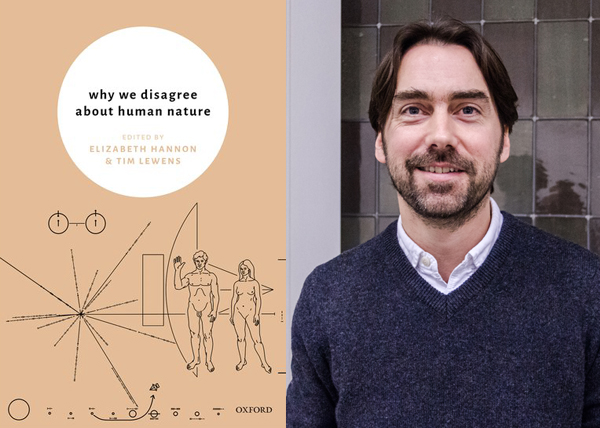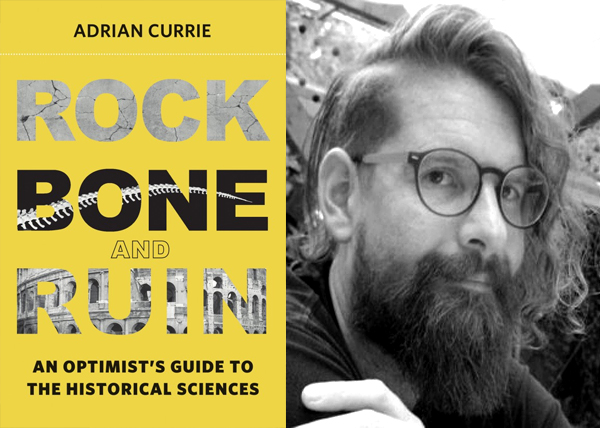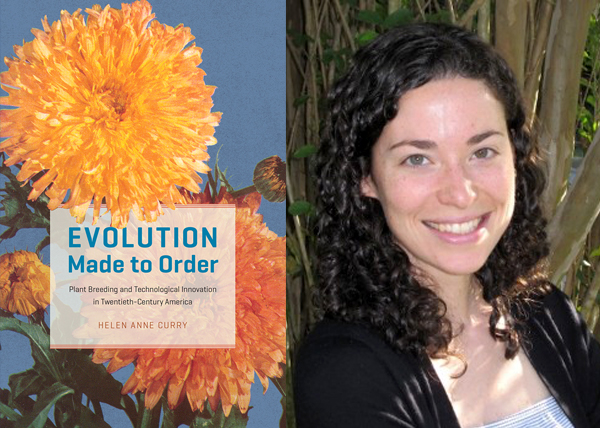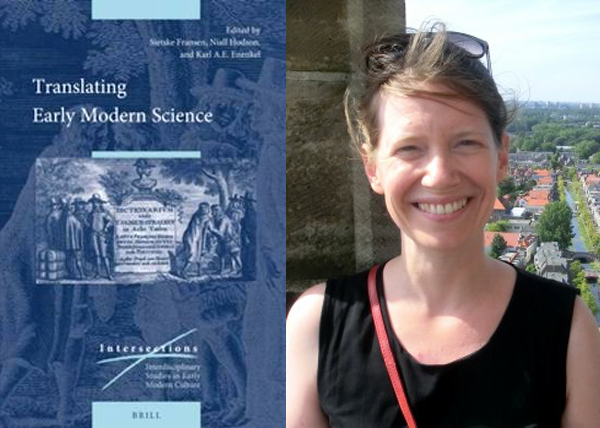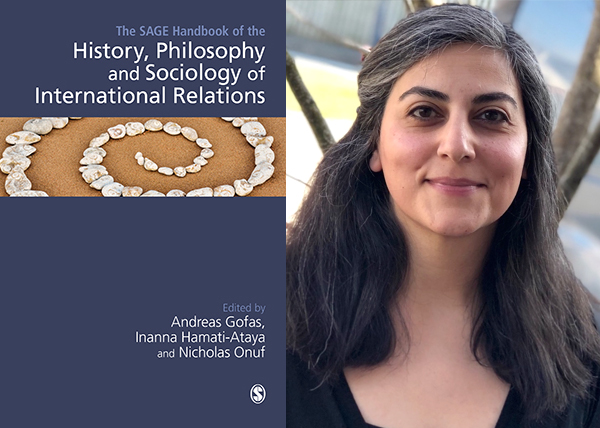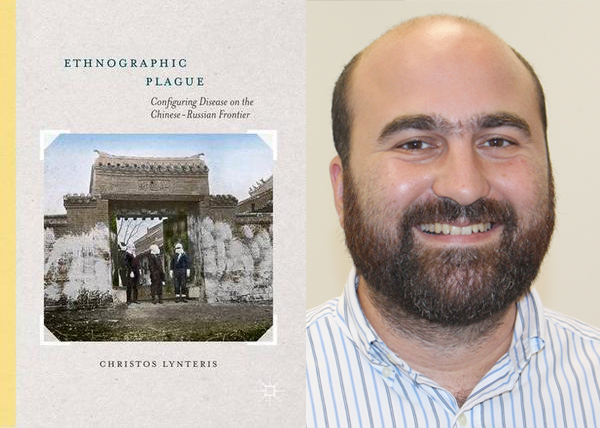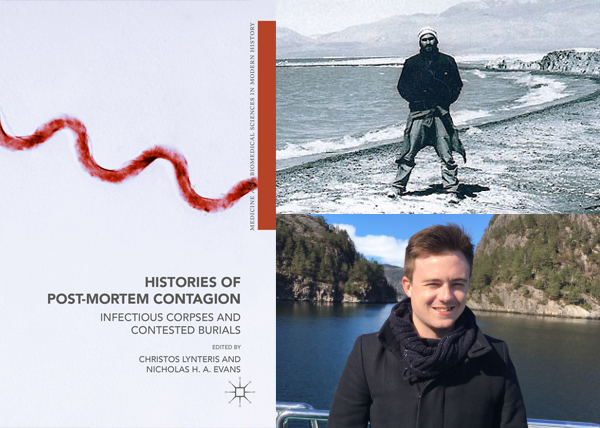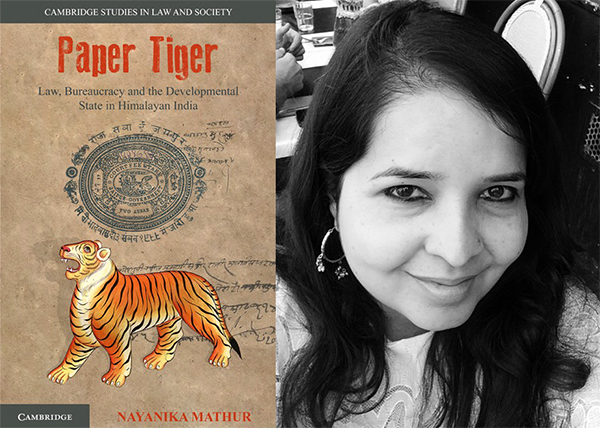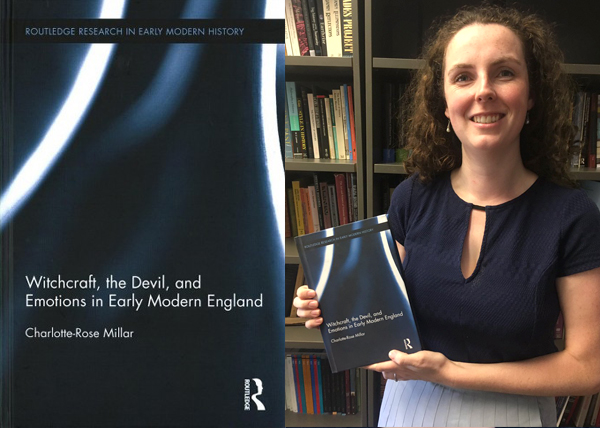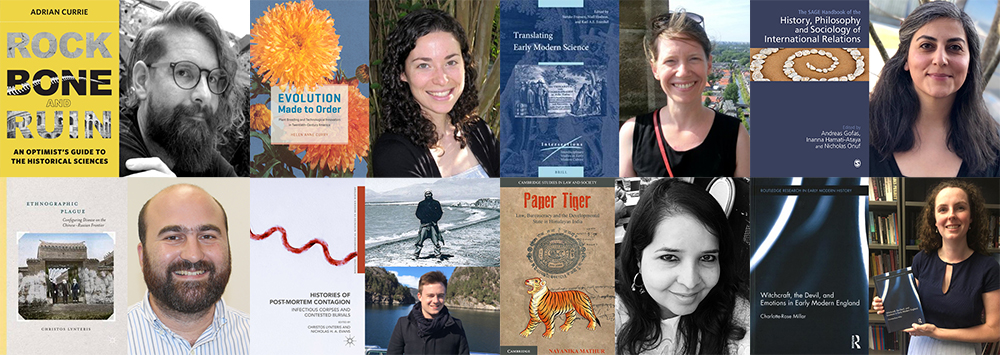
During the course of the academic year, we were able to catch up with some of our researchers and learn about their latest books. Follow the links below to read more — and note the exciting range of titles hinting at the breadth and depth of interdisciplinary research at CRASSH. As mentioned in some of the Q&As, you don’t need to be a specialist to enjoy these works.
Why We Disagree About Human Nature: 5 Questions to Tim Lewens
‘Is human nature something that the natural and social sciences aim to describe, or is it a pernicious fiction?’
Rock, Bone & Ruin: 5 Questions to Adrian Currie
‘There’s something fascinating about both the deep past and the creativity of the scientists who study it. I think it really challenges our ideas of what good science looks like.’
Evolution Made to Order: 5 Questions to Helen Anne Curry
‘It is impossible to understand the emergence of and enthusiasm for genetic technologies apart from the broader history of technological innovation in America.’
Translating Early Modern Science: 5 Questions to Sietske Fransen
‘One of the greatest things about the topic of translation is that it opens the opportunity to work together with people from very different academic backgrounds.’
Global Epistemics: 6 Questions to Inanna Hamati-Ataya
‘I imagined some extra-terrestrial intelligent species visiting us and asking “what is the history of your kind?” Did we have any answer to that question that would reflect the advancement of our understanding of life on earth, of our common history, of what different historical paths might have existed?’
Ethnographic Plague: Q&A with Christos Lynteris
‘My interest in infectious disease epidemics arises and is constantly renewed not just by recurring epidemics across the globe, but by the way in which epidemics, both past and present, challenge and transform human societies.’
Histories of Post-Mortem Contagion: 5 Questions to Christos Lynteris and Nicholas Evans
‘We realised that in spite of the vastly different diseases that have afflicted very different societies, all epidemics in human history have one thing in common: they have raised a question of what to do with the dead.’
Paper Tiger: Q&A with Nayanika Mathur
‘Paper Tiger uses the sensational story of a man-eating big cat on the run to tell a much more subtle story of the everyday life of law and bureaucracy on the Himalayan borderland.’
Witchcraft, the Devil and Emotions in Early Modern England: 5 Questions to Charlotte-Rose Millar
‘The biggest thing that surprised me was the lack of change in how witchcraft was described across the centuries.’

